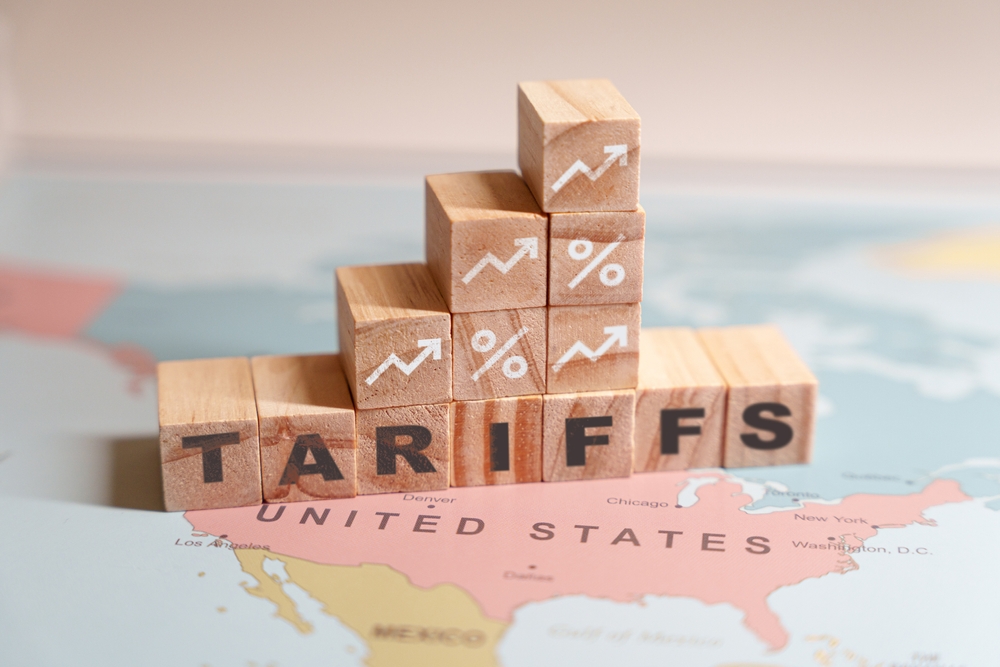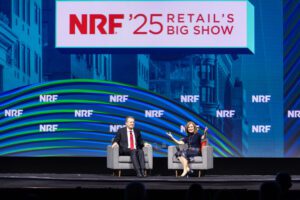Editor’s Note: The implementation of tariffs on companies doing business with the U.S. has affected retail merchants and consumers alike. This comprehensive piece from Chief Marketer Network pub Multichannel Marketer looks at how half a dozen major merchants—Fat Brain Toys, E.l.f., Topdrawer, Schmidt Brothers Cutlery, Swingline Staplers and The Honest Kitchen—are communicating their tariff woes and price increases. And their responses range from transparent messaging to not communicating at all. Below is an excerpt; head to MCM for the full story.
–
The 2025 tariff headlines have kept retailers and shoppers alike on their toes, with taxes on imports going from high to higher, to paused, lowered and soon-to-be resumed.
Today, many merchants that import their goods are facing higher taxes than they were a year ago. The rollercoaster is still going but regardless of when it ends, merchants need to deal with the ramifications today.
A number of merchants have increased their prices on all or a portion of their products and are letting shoppes know about it — and why — on their website or through their own communication channels. Others are raising prices without a peep about it to shoppers.
There’s not a playbook on how to handle uncertain increases in costs of goods and how to message this to shoppers.
“Retailers should avoid the herd mentality and do what they believe is best for their businesses,” said Paula Rosenblum, co-founder and managing partner at retail consulting firm RSR Research. “As with everything else in retail. One size does not fit all.”
Below is how half a dozen major merchants — Fat Brain Toys, E.l.f., Topdrawer, Schmidt Brothers Cutlery, Swingline Staplers and The Honest Kitchen — are communicating their tariff woes and price increases to shoppers.
Fat Brain Toys – Loudly raising prices
The U.S. tariffs hit the toy category hard, as China (President Donald Trump’s initial tariff target) manufactures the large majority of U.S. toys. Fat Brain Toys is a mid-sized online toy brand that manufactures its own toys and sells hundreds of other toy brands. The majority of its revenue is from its own branded toys, which are all manufactured in China, said Mark Carson, CEO and co-founder of Fat Brain Toys.
To help mitigate the costs, Fat Brain Toys increased prices on about 85% of its products.
“In all of our scenarios, we’re not fully covering the costs of the tariffs that we’re paying. We’re really just trying to recoup some of that,” Carson said.
And the brand is loudly letting shoppers know about the increases and why. On its product detail pages and shopping cart page, the toy retailer specifically highlights the dollar amount increase of the product’s price because of the tariff.
E.l.f. & Topdrawer – Targeted broadcast
Cosmetics brand E.l.f. and accessory brand Topdrawer are using their own channels to alert shoppers of price increases.
Topdrawer sources raw materials for its products from Japan, Europe and other countries. The brand emailed customers in its loyalty program explaining why the brand has increased prices.
“Tariffs, they are a part of reality of building a global brand today,” said Poonam Chitnis, vice president of operations and marketing executive. “Instead of chasing the lowest cost workaround, we chose to see it as a design constraint and opportunity to go deeper into what we stand for.”
Read the full piece in Multichannel Marketer.






